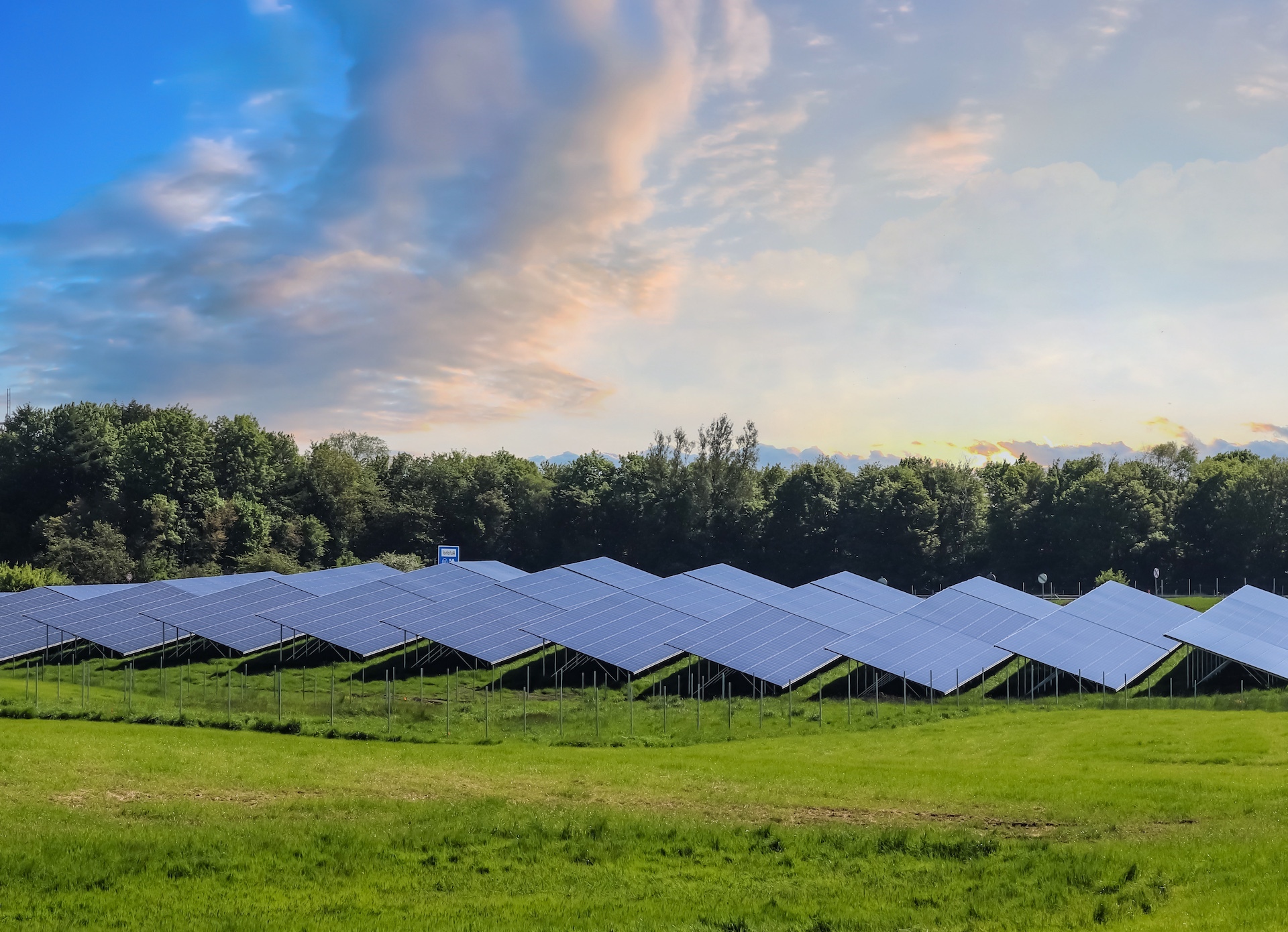OUR MISSION
We mobilize capital and resources to strengthen under-resourced communities, funding projects that provide clean energy, support cleaner air and water, improve public health, and build economic and environmental resilience so all people can thrive.
Our goal is to reach communities across the United States—from rural to urban, from the Midwest to the Southeast and beyond—to deliver transformative impact and catalyze greater investment where it’s needed most.
OUR VISION
We are a catalyst for change, leveraging the power of capital, partnerships, and scalable solutions to build an equitable climate and clean energy future. We drive transformative investments that strengthen communities by accelerating access to cleaner energy, cleaner air and water, a healthier environment, and a more resilient economy.

Through its network of community lenders, JCF is driving transformative investments that strengthen communities across the country — from rural Appalachia to urban areas like Chicago and Philadelphia, and the Midwest, Southeast, and beyond.
Economic Benefits
Healthier Communities
Leveraging Partnerships

“We believe partnership is central to our role in building a clean energy ecosystem–one that’s grounded in standardized, replicable financing models that deliver measurable impact.”
– Amir Kirkwood, Chief Executive Officer
